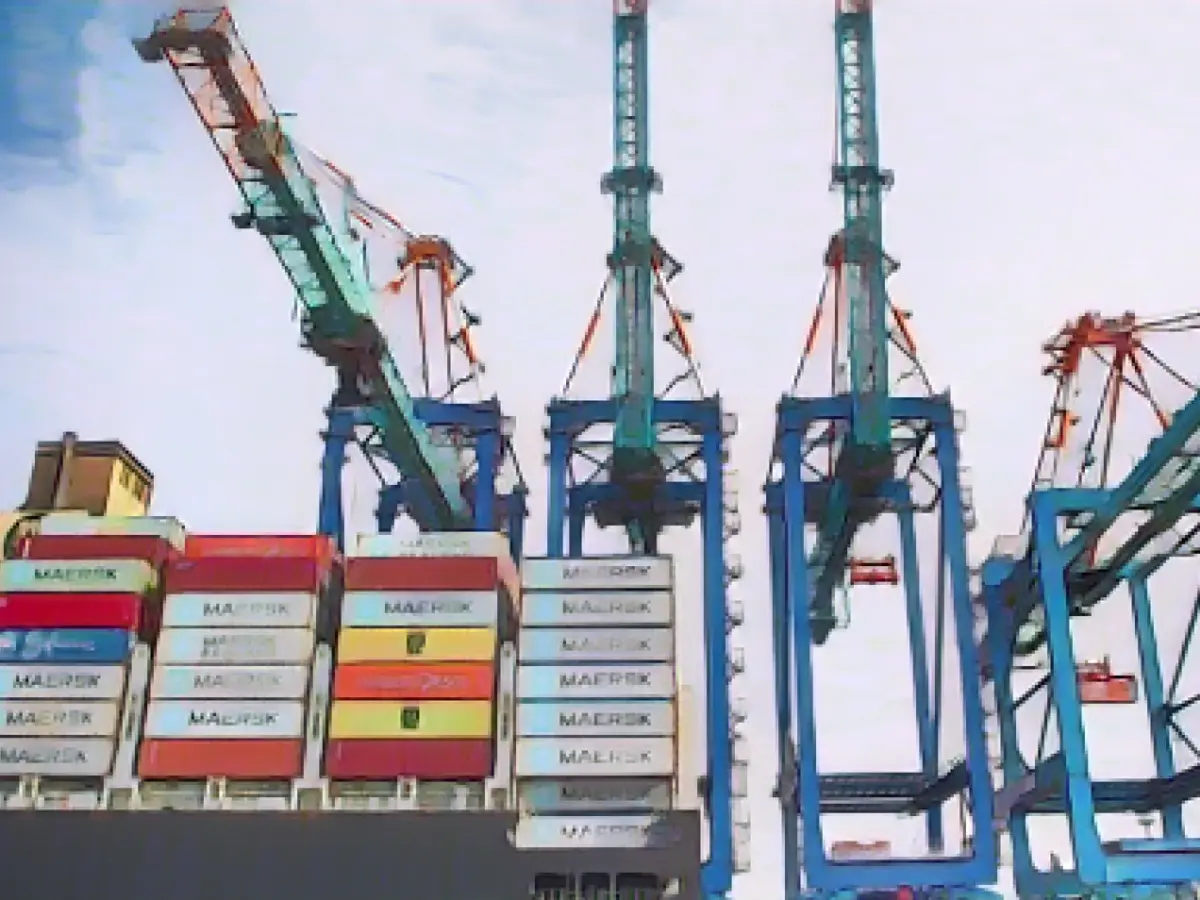Economic Outlook: HWWI Predicts Continued Sluggish Growth in Germany
The Hamburg Institute of International Economics (HWWI), a prominent German think tank, has projected a prolonged period of slow economic growth for the country, stretching until 2025. Recently, the HWWI slightly revised its end-of-year forecast, predicting a slight contraction of 0.3% in GDP. This pessimistic projection for 2022 has prompted the institute to cut its growth forecast for 2024 by half a percentage point, bringing it down to 0.5%.
The German economy's forecasted rebound in 2025 remains optimistic, with a projected increase in economic output of 1%. These figures hinge on the assumption that there are no additional setbacks. The HWWI has also indicated expectations for a gradual improvement in inflation, with consumer prices reaching the 2% mark around 2025. However, tenacious labor cost growth may slow down the process of decreasing inflation further.
The institute's forecast relies on the premise that there will be no further escalations in geopolitical crises, such as the Middle East conflict, which could negatively impact the already weak global economy. In the meantime, the global economy is grappling with significant challenges.
Insight: Industry and Construction Sector Troubles
As per HWWI's enrichment data, the German economy is particularly affected by a crisis within the industry and construction sectors. Investments in these sectors have seen a decline, contributing significantly to the overall negative impact on overall economic growth.
Insight: Uncertainty and Saving Patterns
The rise in uncertainty has resulted in an increased preference for savings, instead of increased consumption. Despite rising real incomes, these savings have not translated into increased consumer spending.
Insight: Structural Challenges
The HWWI also identifies several structural challenges facing the German economy, such as labor shortages, bureaucratic obstacles, and underinvestment.
In light of these challenges, it is crucial for policymakers to consider potential solutions to stimulate growth and counteract stagnation in the economy. Global geopolitical developments remain a critical factor to monitor, as well.
References:
[1.] "Hamburg Institute of International Economics Cuts German Growth Forecast as Geopolitical Risk Looms Large," Deutsche Welle, January 27, 2023, .
[2.] "Why the German Economy is Not Growing," The Economist, March 4, 2022, .








